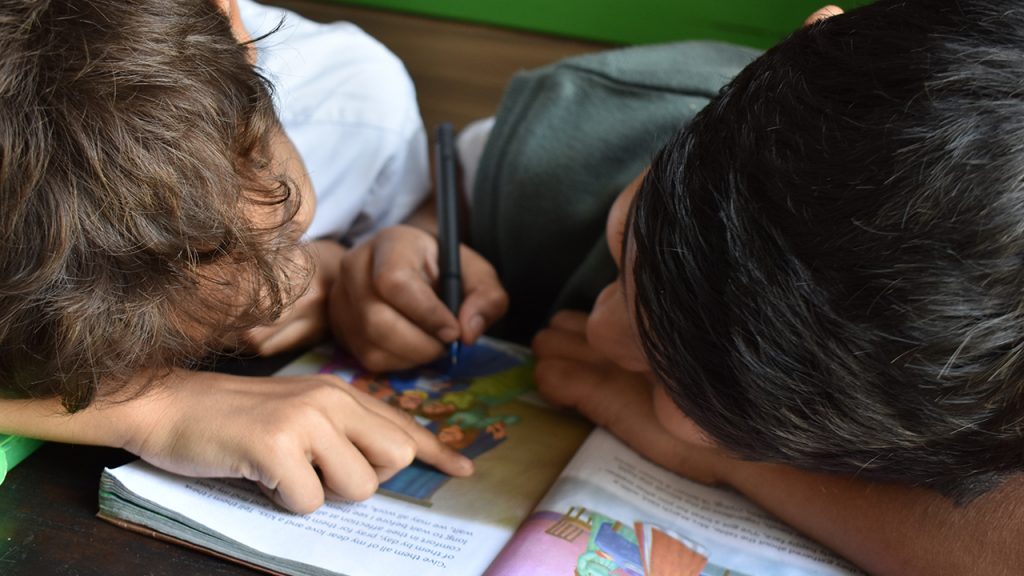MichMash: Why Michigan public school reading scores are at a 10-year low
Hernz Laguerre September 6, 2024Peter Spadafore of the Michigan Alliance for Student Opportunity joined the show to discuss why he says the latest M-STEP results were concerning, but not surprising.

Since the COVID-19 pandemic, Michigan public school reading scores have been taking a hit. MichMash host, Cheyna Roth, and Gongwer News Service’s Zach Gorchow find out why with Peter Spadafore who’s with the Michigan Alliance for Student Opportunity.
Subscribe to MichMash on Apple Podcasts, Spotify, NPR.org or wherever you get your podcasts.
In this episode:
- The latest Michigan public school reading scores and why they are are so low
- The lasting effects of the pandemic on students
- Policy interventions to help students improve their education
Results from this year’s Michigan Student Test of Educational Progress (M-STEP) were released this week, showing that 39.6% of third graders across Michigan passed the state’s English language arts (ELA) test, compared to 40.9% in 2023.
Spadafore, who serves as executive director for the Michigan Alliance for Student Opportunity, said the results were concerning but not surprising.
“I think like every observer around Lansing and across the state, we were disappointed in the numbers, but also not entirely surprised to see the lingering impacts of the COVID-19 pandemic,” said Spadafore. “The state superintendent talks a lot about the impact of virtual instruction. When we were not able to be in classrooms having an impact on those early learners when we’re trying to get at them, soon and quickly to grasp those early reading skills.”
Lansing is hard at work to pass laws to remedy this issue. But Spadafore said they need to make sure they pass the correct laws to intervene with the reading levels.
“It’s important that they move the bills when they’re right now. They’re overly prescriptive and change a whole lot of state law when really what we’re seeing is if we would have a better screening tool to identify students reading disabilities and characteristics of dyslexia, I think that’s when, we could be supportive of legislation.”
Spadafore says it will take collaboration between educators, lawmakers, the union, parents and more to help reading levels improve.
More from WDET:
- Rep. James tries to drum support for federal education tax credit legislation
- Detroit Evening Report: Detroit Education Narrative Collective offering up to $5,000 in grants to craft education stories
- Detroit Evening Report: Gov. Whitmer launches new education-focused department MiLEAP
More from Gongwer News Service:
Support the podcasts you love.
One-of-a-kind podcasts from WDET bring you engaging conversations, news you need to know and stories you love to hear.
Keep the conversations coming. Please make a gift today.
